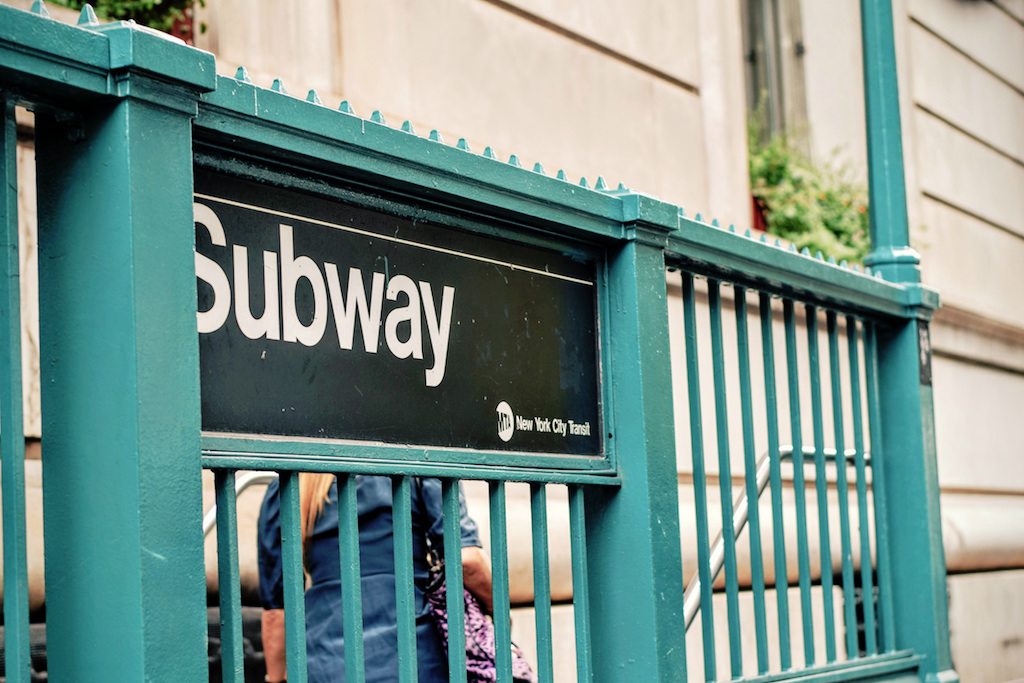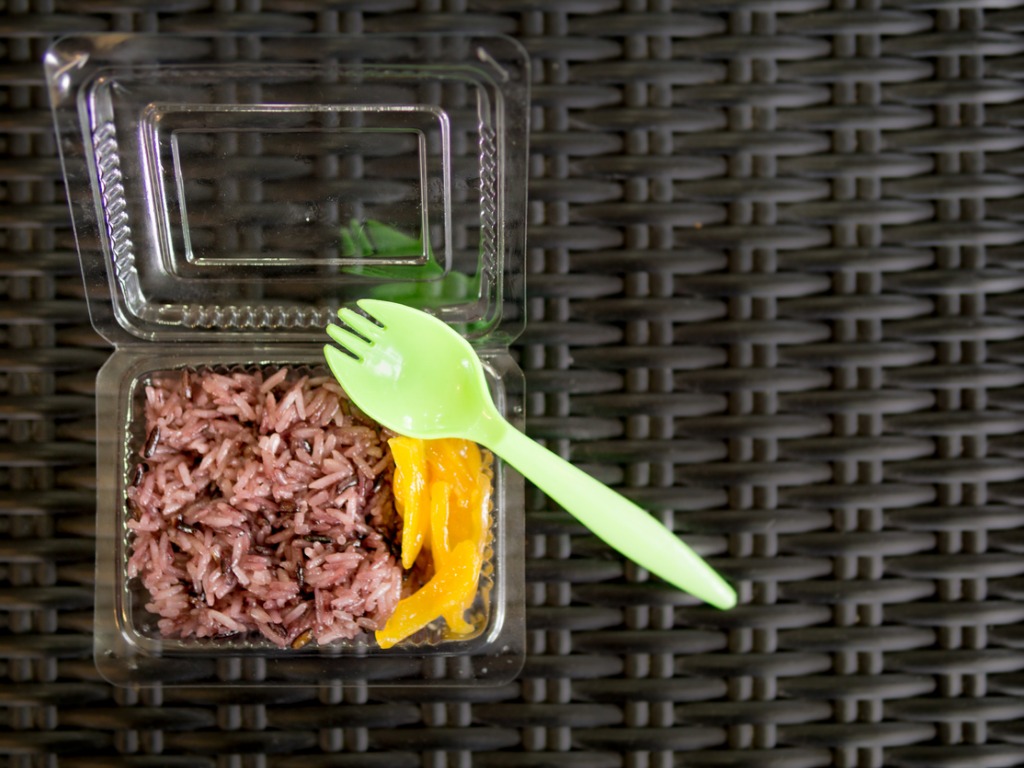Alphabet soup. In July of 2010, the New York City Department of Health began requiring restaurants in all five boroughs to post letter grades displaying their sanitary inspection scores—A, B, or C—reasoning that the grades gave restaurants an incentive beyond the threat of fines to employ excellent food safety practices.
For several years after, lawmakers quibbled over whether food trucks and carts, which are central to the city’s food culture and number more than 5,000, should be treated like brick-and-mortar restaurants and also be required to post the letter grades. But until this year, mobile food service vendors didn’t have to be compliant.
In February, Queens councilwoman Karen Koslowitz introduced a bill that would require the Health Department to conduct inspections (which it does about once a year) and assign the grades. Last week, the City Council’s Health Committee passed the bill and New York City Mayor Bill DiBlasio on Tuesday will sign it into law. Meanwhile, similar legislation introduced by Queens State Senator Jose Peralta passed in the Senate. That bill will now be delivered to Governor Andrew Cuomo, who can sign or veto it.
Many see this as a crucial next step in legitimizing mobile food service operations in the minds of city eaters: As the New York Daily News reported last week on the release of a Senate Independent Democratic Conference analysis, “Manhattan food carts and trucks were found to have significantly more violations in 2016 than the other four boroughs combined.” If a rating system had been in place in 2016, the analysis said, six of the dirtiest carts, including three in Manhattan, would have received a grade of “C.”
There appears to be little opposition to the legislation among vendor groups. As Eater reported, the Street Vendor Project, Urban Justice Center, and New York Food Truck Association had all spoken publicly in support of the bill.











